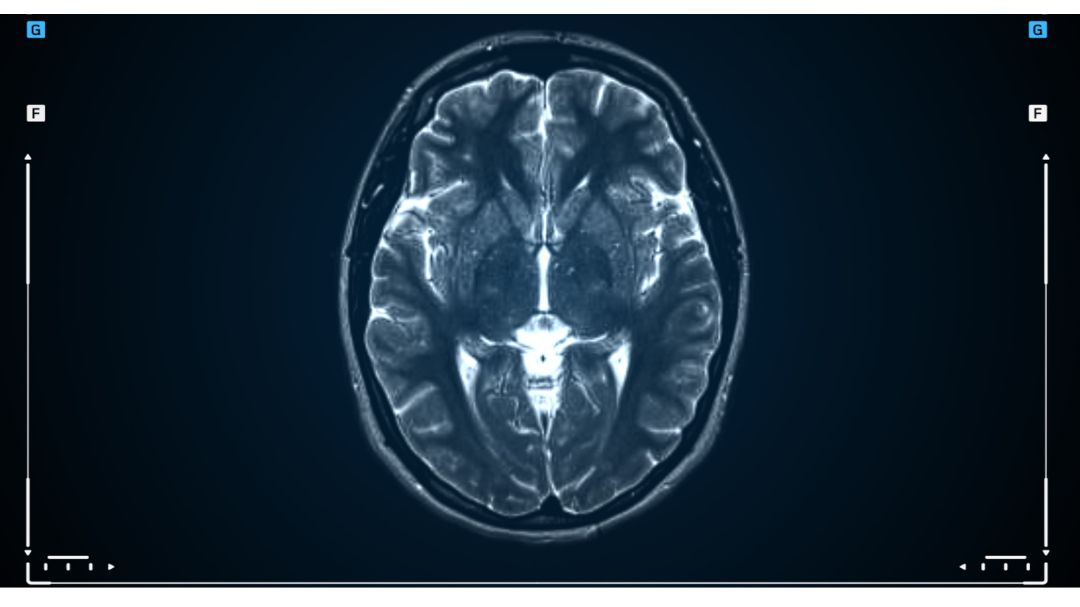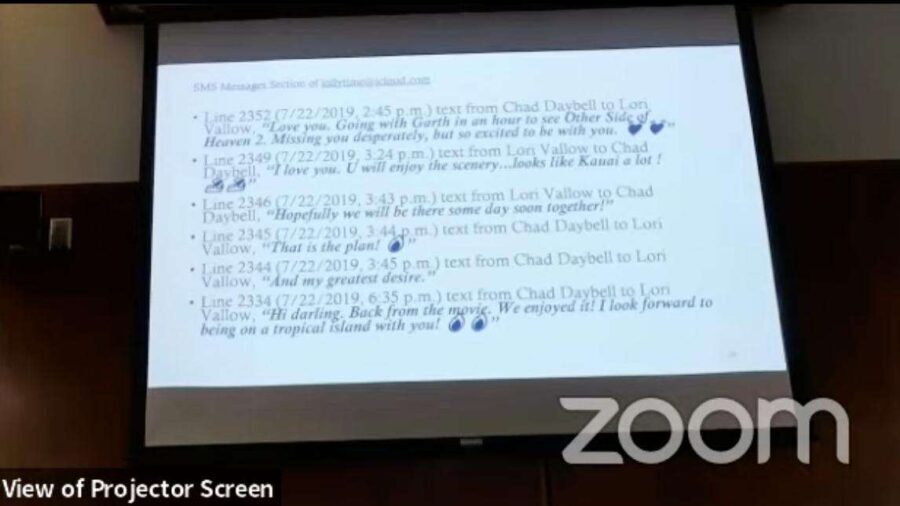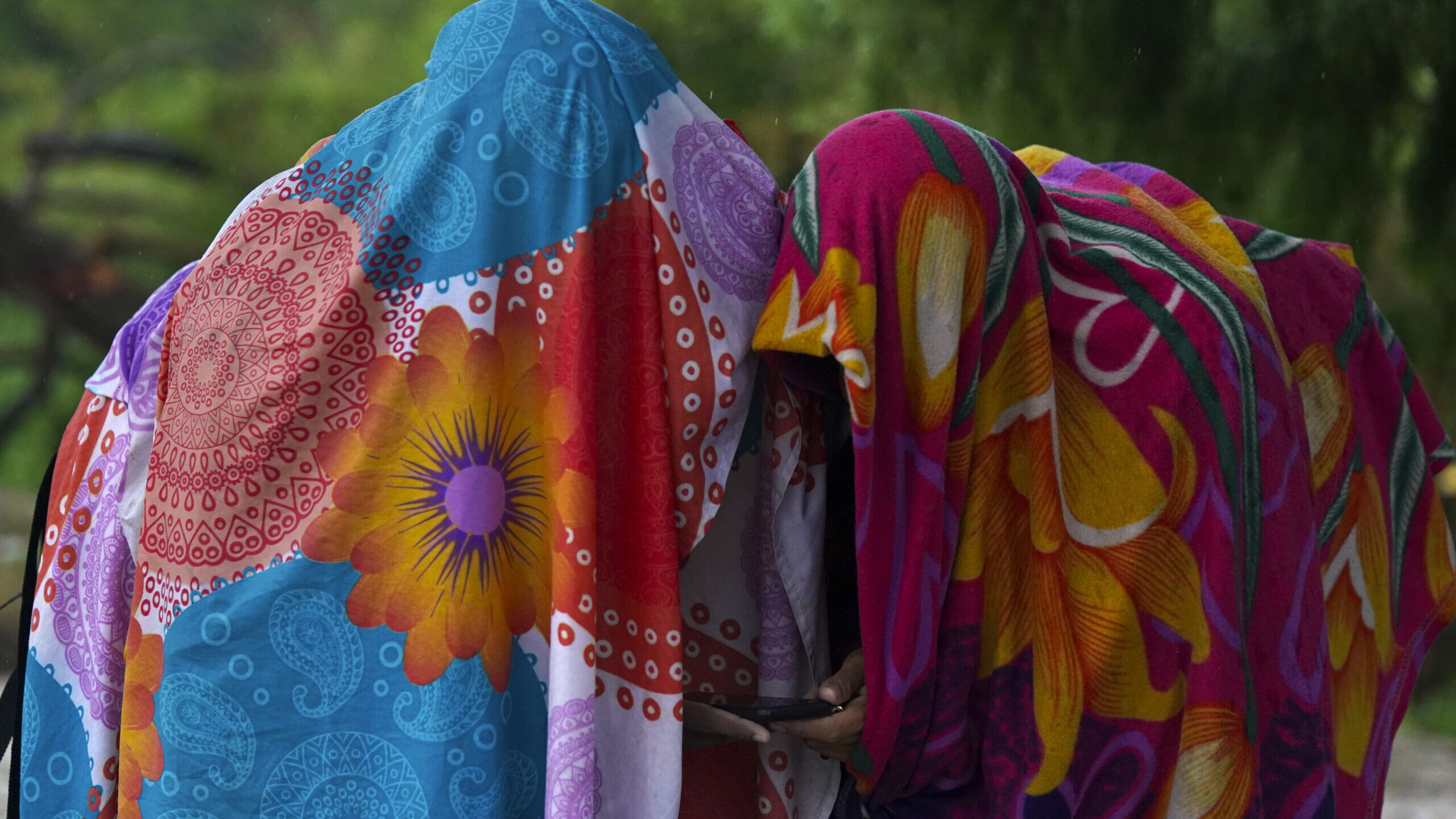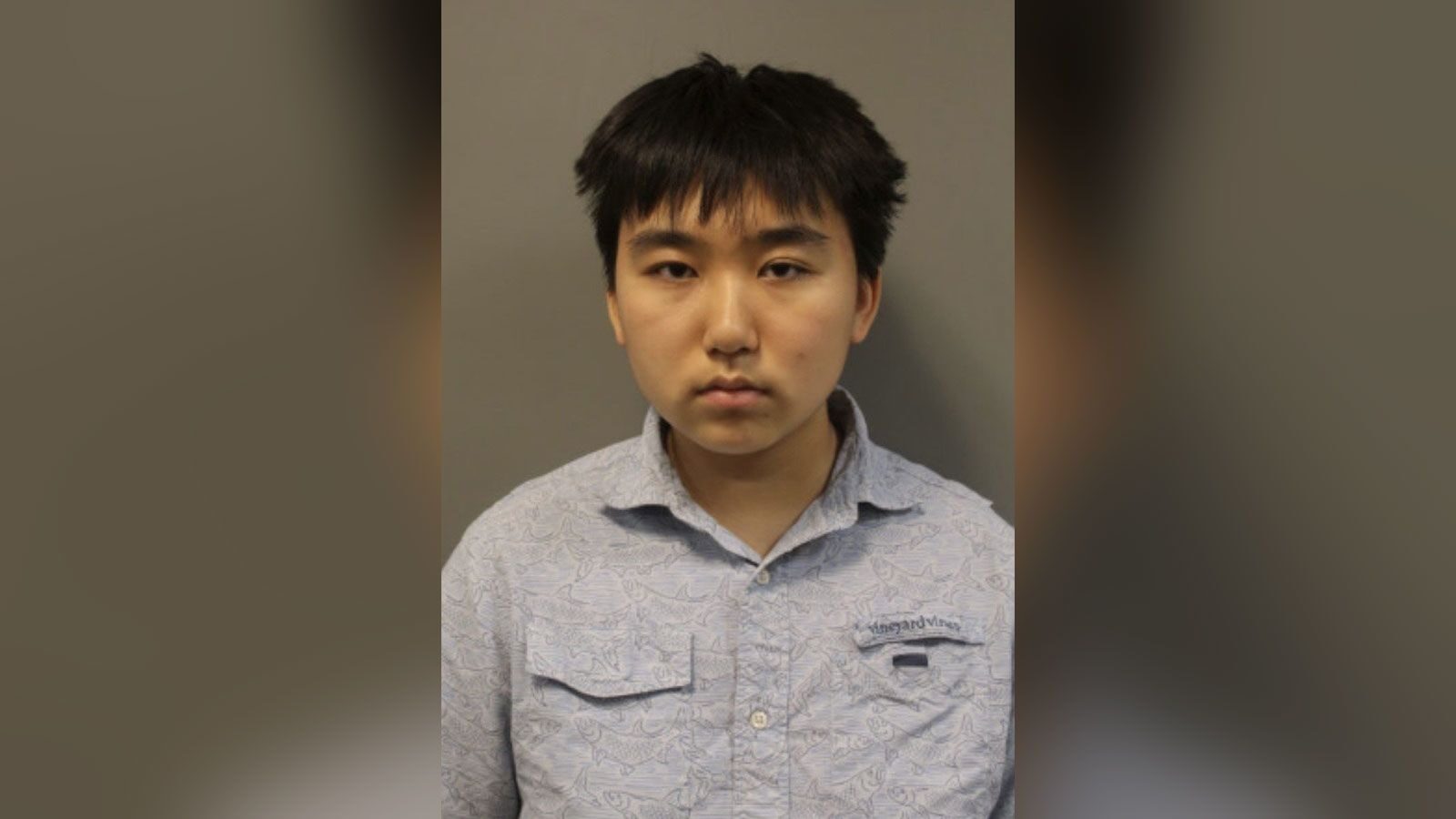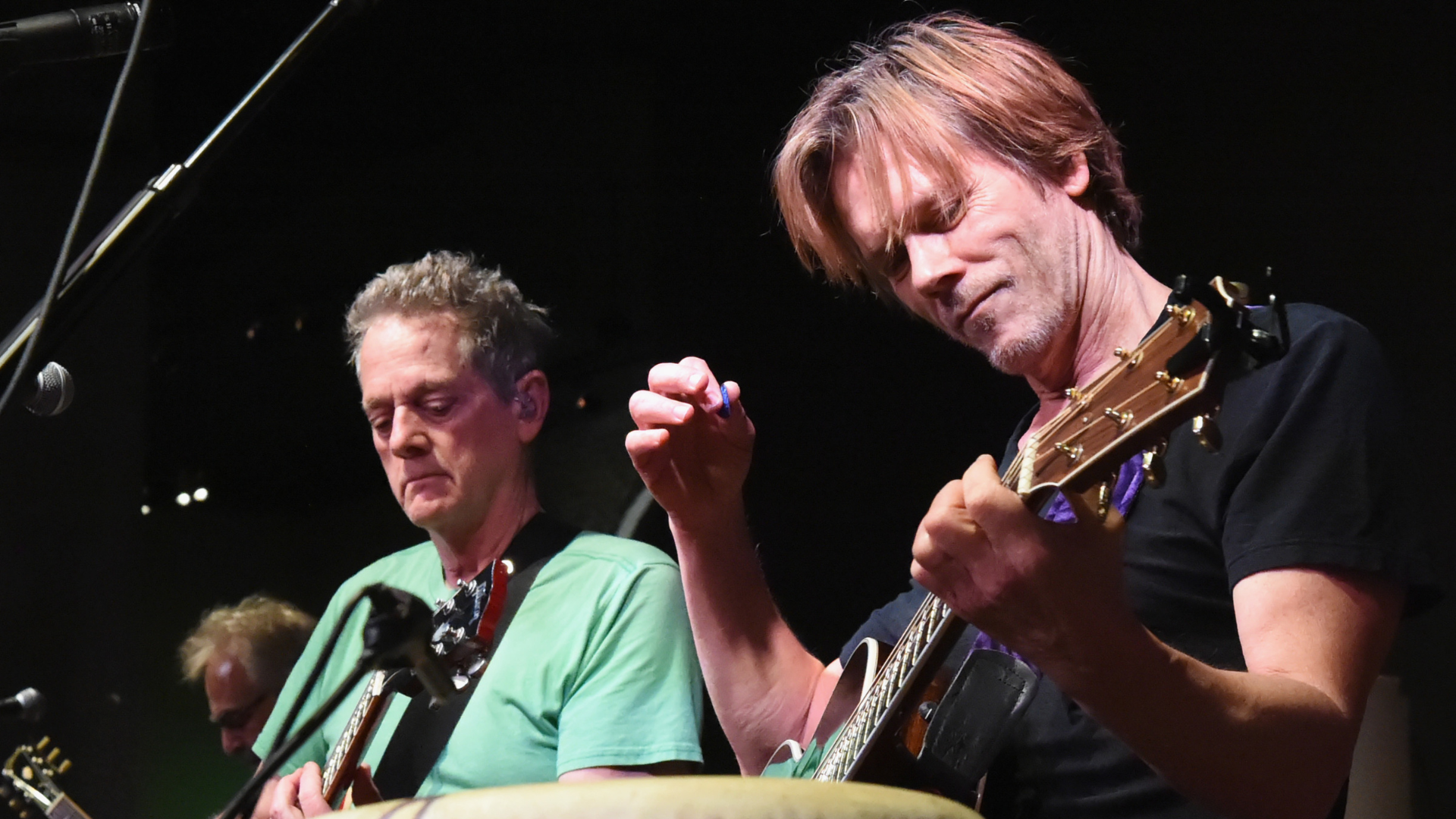New effort focuses on mental health aid to underserved communities
Jul 2, 2021, 3:24 PM | Updated: Aug 2, 2022, 12:45 pm
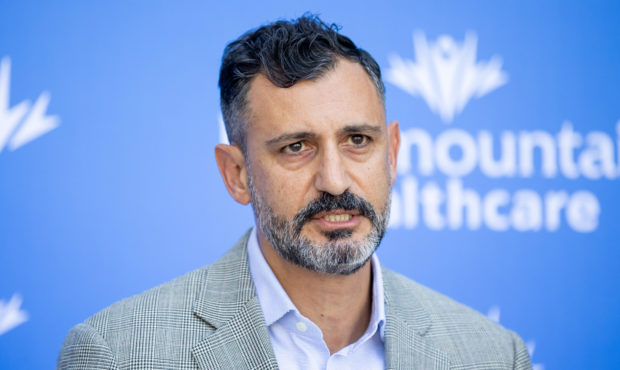
Tammer Attallah, executive clinical director of Intermountain Healthcare’s Behavioral Health Clinical Program, speaks at the Intermountain Healthcare Transformation Center in Murray on Friday, July 2, 2021. Photo: Spenser Heaps, Deseret News
SALT LAKE CITY — Most of us know the COVID-19 pandemic posed an enormous challenge for mental health, but that proved especially true for underserved communities.
Partnerships mean mental health aid for underserved groups
Now, Intermountain Health Care plans to team up with community organizations serving LGBTQIA+ and Latinx populations to make accessing mental health care easier. A $67.3 million infusion of cash went to multiple groups serving those communities. Some of that money will help connect people who need access to mental health care, but who face road blocks keeping them from getting it.
“Understanding not only what the clinical concerns are but help them navigate through the insurances they might have, whether they’re uninsured, whatever those potential variable may be, to help connect them to the right service at the right place and time,” said Tammer Attallah, the executive clinic director of Intermountain Health Care’s Behavioral Health Program.
LGBTQ+ suicide rates a concern
Utah continues to lead the nation in suicide rates, especially among those in the LGBTQIA+ population, according to Ray Bailey, youth suicide prevention director at the Utah Department of Human Services.
“Nationwide and in Utah, LGBTQ+ people have higher rates of suicide than the general population,” they said.
Bailey attributed those higher rates among underserved populations to problems, among others, like family rejection and lack of access to mental health care.
Michelle Anklan, a licensed clinical social worker and mental health therapist at the Utah Pride Center, said even though suicide rates are higher among the LGBTQ+ population, mental illness itself is not.
“We exist in a structure and culture and a system of oppression, which contributes to higher rates of experiences of PTSD, of depression, and of anxiety,” Anklan said.
Latinx population also faces mental health challenges
Demand for mental health services among the Latinx population increased 63% in the last year, but only about 15% among non-Hispanic people, according to Latino Behavioral Health Service. LBHS, like the Utah Pride Center, received a donation or grant from Intermountain.
One concern for Latinx communities is access to care. People who may be uninsured, undocumented, or experiencing homelessness, may be less likely to seek help at all.
Since the start of the pandemic, a hotline for emotional support set up by Intermountain has received more than 6,500 calls. Now, it’s expanding to include virtual help and more resources. Anyone who needs help can call 833-442-2211. They can speak with caregivers to answer their questions, talk through concerns, and navigate challenges.


